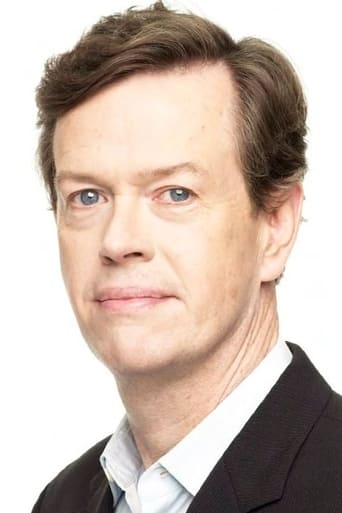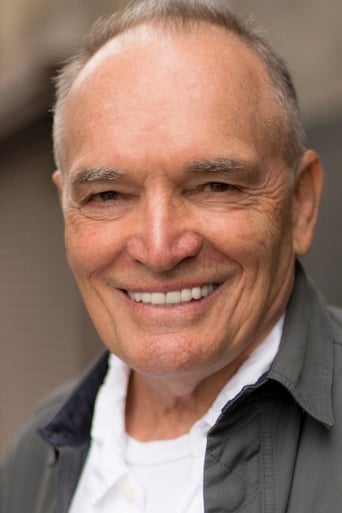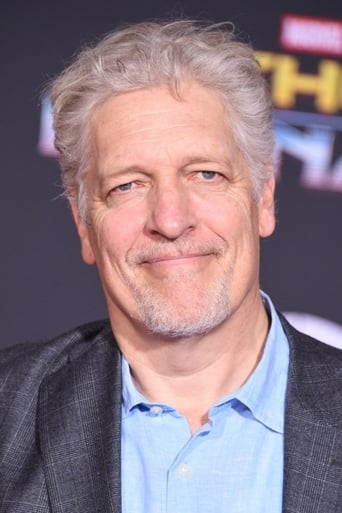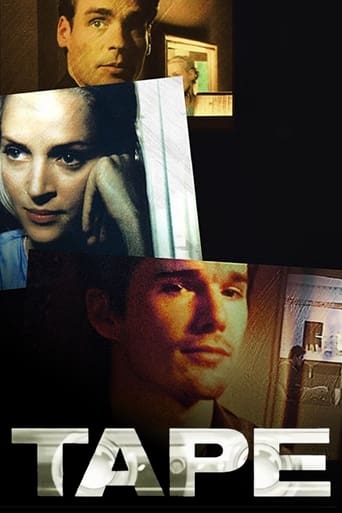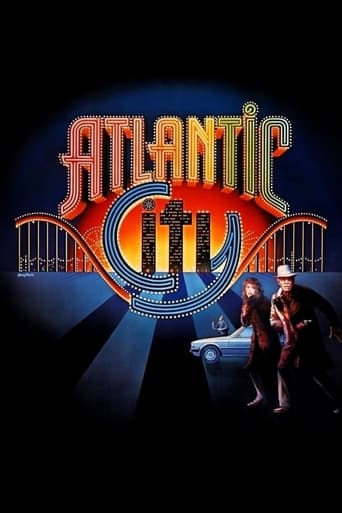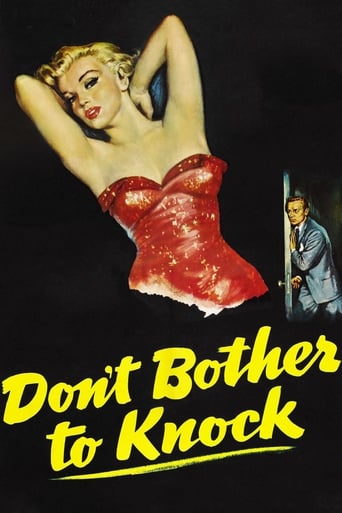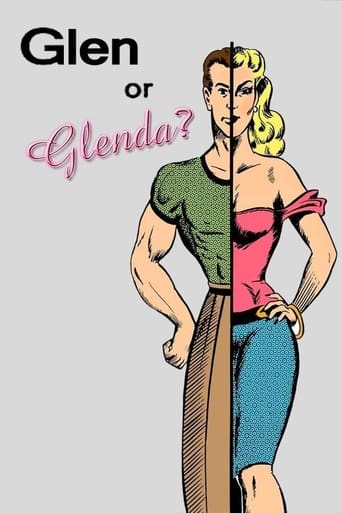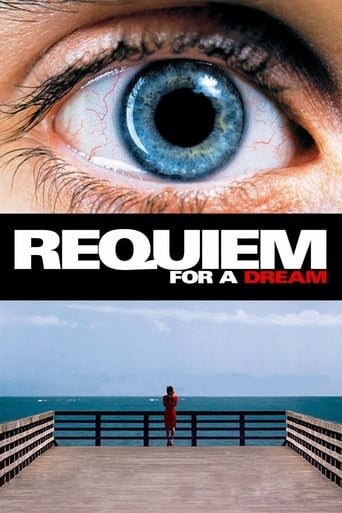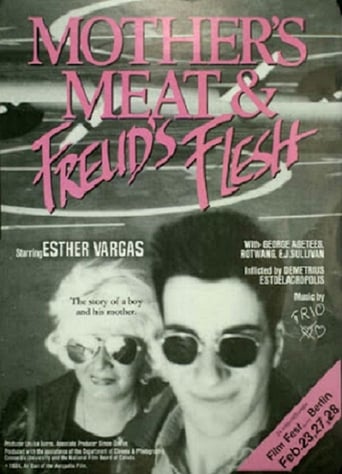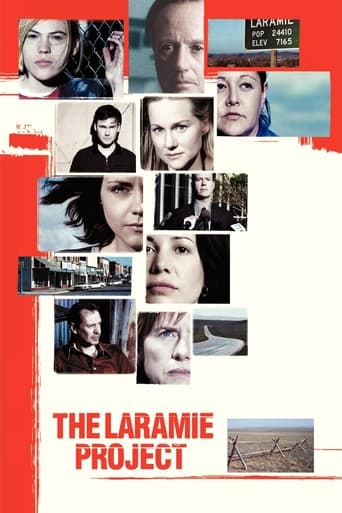

 Watch Now
Watch Now




The Laramie Project (2002)
 Watch Now
Watch Now




"The Laramie Project" is set in and around Laramie, Wyoming, in the aftermath of the murder of 21-year-old Matthew Shepard. To create the stage version of "The Laramie Project," the eight-member New York-based Tectonic Theatre Project traveled to Laramie, Wyoming, recording hours of interviews with the town's citizens over a two-year period. The film adaptation dramatizes the troupe's visit, using the actual words from the transcripts to create a portrait of a town forced to confront itself.
Watch Trailer
Cast


Similar titles
Reviews
In truth, there is barely enough story here to make a film.
It's a movie as timely as it is provocative and amazingly, for much of its running time, it is weirdly funny.
Although I seem to have had higher expectations than I thought, the movie is super entertaining.
what a terribly boring film. I'm sorry but this is absolutely not deserving of best picture and will be forgotten quickly. Entertaining and engaging cinema? No. Nothing performances with flat faces and mistaking silence for subtlety.
In October 1998, a young gay student at the University of Wyoming was found badly beaten, tied to a fence, and left to die. After several days lingering in a coma, 22-year-old Matthew Shepard died in Laramie, Wyoming, an event that created a national uproar and calls for legislation against hate crimes. Shortly after the infamous crime occurred, members of the Tectonic Theater Project descended on Laramie and conducted about 200 interviews with local people, both those involved and those uninvolved with the crime. The results were edited, compiled, and consolidated into a play entitled "The Laramie Project." Written by Moises Kaufman and members of the Tectonic Theater Project, the play premiered in 2000 and was filmed in 2002 for HBO.Moises Kaufman directed this HBO film adaptation, and he assembled a large distinguished cast to play the multitude of characters. Among the most notable are Peter Fonda, Laura Linney, Steve Buscemi, Dylan Baker, Ben Foster, Janeane Garofolo, Bill Irwin, Amy Madigan, Margo Martindale, Christina Ricci, Frances Sternhagen, and Terry Kinney. Surprisingly, the appearance of so many well known faces enhances, rather than disrupts the film. Instead of a grainy documentary that features a series of self conscious interviews with unfamiliar people, this largely engrossing film is a series of dramatized interviews by seasoned professionals, which focus viewer attention on the words and their import.The excellent cast play town residents, both gay and straight; as well as religious, police, medical, and legal people involved after the crime; some knew Matt, while others only knew of him from the news. The Laramie bartender, who remembered Mat on the night of the crime, disputed the story told by the two murderers, Aaron McKinney and Russell Henderson, whom he also remembered in the bar that night. The young boy, played by Ben Foster, who found the dying Matt, describes the grisly scene and the beaten victim. Amy Madigan is the policewoman, who aided the HIV positive Mat without gloves and inadvertently exposed herself to the AIDS virus; Frances Sternhagen is her understanding mother. Bill Irwin plays one of Laramie's gay residents, who tell of closeted life in the town and his reaction to the crime and its aftermath. Peter Fonda is the doctor who treats the dying young man, and Dylan Baker plays a town spokesperson to fine effect. However, not everyone interviewed is likable; Laura Linney is a conservative resident who does not understand all the fuss over the death of one gay man. While a local Catholic priest expresses sympathy, a Protestant preacher is outspoken about his hostility to gay people, and members of the despicable Westboro Baptist Church make an unwelcome appearance at Shepard's funeral. In the courtroom, the two defendants, McKinney and Henderson, talk of their feelings about gay people and attempt a lame "gay panic" defense that would be laughable, if not so tragic and pathetic. During the trial's final moments, Terry Kinney as Matthew's father, Dennis, makes a closing statement that effectively brings the film to a satisfying, moving, and sad close. Between the interviews and the comments on prejudice and homophobia, related newscast footage depicts politicians, marches, and candle-light vigils."The Laramie Project" is a fine work, both as a play and a film. While hate-crime legislation lags and the civil rights of the LGBT community remain under attack, films like "The Laramie Project" are increasingly important to illustrate the tragedies and injustices that hate can cause, irregardless the targets; this film is important and, hopefully, enduring.
I remember hearing of the Matthew Shepard murder in October 1998 but didn't really know very much about it, only it seemed to stem from his being homosexual. This film, a dramatization in documentary approach, fills in most of the gaps.Shortly after the incident a group led by Moisés Kaufman and including members of New York's Tectonic Theater Project, several of them also homosexuals, went to Laramie, Wyoming, where the kidnapping and murder happened. Their focus was to interview as many of the locals they could, including pastors, teachers, and medical staff. They wanted to piece together the puzzle of why this happened when it did and where it did.It was originally an HBO film and never having HBO myself only had a chance to see it now by getting the DVD from my local public library. It is very well made and actors, most of them experienced and well- known, play the parts of the out-of-towners and the townspeople who were interviewed. Included is a dramatization of the trials of the two young men responsible for the kidnapping and murder, each resulting in two consecutive life sentences.Hard to watch at times because of the content but overall well made and worth a viewing.
While this film is very powerful for those unfamiliar with the incident and/or the play, I think it loses quite a bit of the depth that the stage version has. The play is a sparkling piece of experimental theater that invariably is produced by small ensembles taking on six to ten roles each. The set is minimalist, usually containing no more than a few chairs and a table. When you take away the visuals, and you take away the famous actors, what are you left with? The words. I think that the movie version takes away from that, with the flashy camera angles and editing. The characters (as they became in the movie; they are more true-to-life in the play) were pretty well-portrayed in the movie, with some disappointing exceptions (Jedediah Schultz, for example). The story still gets through, and you still understand that this is an issue of enormous gravity. But I reiterate my opinion that the play is much better.
THE LARAMIE PROJECT Aspect ratio: 1.85:1Sound format: Dolby DigitalFollowing the murder of Matthew Shepard by a couple of homophobic thugs in the nondescript town of Laramie, Wyoming, a theatre troupe descends on the area and questions residents, politicians, doctors and police officers in an effort to probe the circumstances which led to this appalling crime.When 21 year old Matthew Shepard was murdered by Russell Henderson and Aaron McKinney in October 1998, it seemed like the culmination of a ceaseless conservative crusade against the so-called 'gay lifestyle' (whatever that means). For some, Matthew's death had been facilitated by the ongoing propagation of hatred which flourishes unchecked in every aspect of our daily lives, and which found its ultimate grim expression in the beating, torture and near-crucifixion of a virtually defenceless gay man. The killing prompted a national outpouring of grief and anger, fuelled by a media campaign that seemed more concerned with gaining mileage from a juicy story than challenging the attitudes which had given rise to this event in the first place. THE LARAMIE PROJECT - which began life as a stageplay created by the Tectonic Theater Project in New York, using the actual words of Laramie residents instead of 'dialogue' - attempts to redress the balance by probing the causes and consequences of bigotry, and the deep-rooted feelings of those most affected by the murder. It's a heartfelt debut from Tectonic founder and artistic director Moisés Kaufman.Interviewees include friends and colleagues of Matthew, the investigating police officers, the doctors who cared for him during the coma which preceded his death, and those whose religious convictions appear to have clouded their judgment and humanity - in one appalling sequence, a mealy-mouthed reverend (Michael Emerson) expresses sympathy for the victim, whilst simultaneously hoping that Matthew spent his last conscious moments reflecting on his 'lifestyle'. Presented in mock-documentary format, in which the 'characters' are portrayed by an all-star cast of familiar faces (including Steve Buscemi, Amy Madigan, Laura Linney, Christina Ricci and Frances Sternhagen, amongst many others), Kaufman's film offers a platform to those on both sides of the debate, though the filmmakers' own liberal outlook is plainly obvious throughout. But, in taking a stand against fundamentalist attitudes, THE LARAMIE PROJECT seeks to demonstrate the flaws in extremist viewpoints. In other words, those with bigoted opinions are given enough rope to hang themselves, and some of them leap head-first into the noose. Thankfully, Fred Phelps and his satanic crew - who rubbed salt into a festering wound by protesting against 'fags' during Matthew's funeral - are reduced to little more than an unwelcome guest appearance, during which they're confronted by a host of silent, accusing townsfolk dressed as angels...Reluctant to shrink from uncomfortable truths, the film is not afraid to tackle the thorny issue of Matthew's HIV status and the small - but significant - part it played during the fall-out from this terrible event (notably, the devastating consequences for one of the police officers who was first to arrive at the scene of the crime), but that hasn't prevented some critics from questioning the film's 'narrow' liberal viewpoint. For instance, is homophobia and AIDS more deserving of such a high-profile movie than any number of similar social ills? No, but no one has ever complained about high-profile movies which (quite rightly) denounce racism, for instance! And while prominent actors may not be lining up to star in powerful dramas about cancer (for example), those afflicted by cancer are hardly likely to encounter discrimination at state and governmental level because of their 'lifestyle choices', with little more than begrudging tolerance for their medical welfare. Secondly, the film is accused in some quarters of being a patronising diatribe, in which a bunch of 'backwoods hicks' are taught the error of their ways by 'omniscient and enlightened Californians' (as one skeptical Internet reviewer has complained). Only the townspeople themselves can confirm or deny this particular accusation, though the Tectonic Theater Project mounted a special performance of the stageplay in Laramie itself which didn't seem to generate any controversy. Other questions are not so easy to dismiss: Was the country really so outraged by Matthew's death, or was the controversy generated by little more than a media frenzy? After all, despite the platitudes expressed at the time, little has changed in the intervening years with regards to hate crimes legislation. In some ways, this is hardly surprising, since most politicians find it expedient to pacify an alignment of fanatical religious bigots. If nothing else, THE LARAMIE PROJECT reminds us to guard against prejudice and hatred wherever it manifests itself, to derive inspiration from the likes of Matthew Shepard, and - most importantly - to honor the fallen.As a film, "Laramie" (which opened the Sundance Film Festival in 2002) is an impressive achievement; Kaufman has brought his considerable skills as a theatre director to bear on a much broader cinematic canvas. It's mostly talking heads, of course, but there's an urgency in the telling which might have been lost in a straightforward documentary presentation. Ultra-professional in all departments, and acted with conviction by a sterling cast, the movie is thought-provoking and poignant, and inspires confidence that all is not lost in the battle against ignorance.


